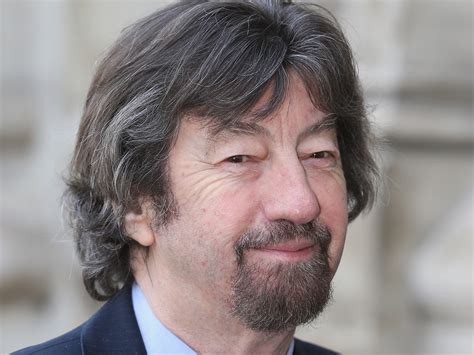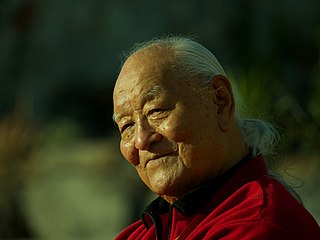A Quote by Masao Abe
Buddhist nirvana ... is based on egolessness and is not anthropocentric but rather cosmological. In Buddhism, humans and the things of the universe are equally subject to change, equally subject to transitoriness or transmigration. A person cannot achieve emancipation from the cycle of birth and death until he or she can eliminate a more universal problem: the transience common to all things in the universe.
Related Quotes
Einstein wrestled with a problem back before we even knew the universe was expanding, and he was looking for a way to keep the universe from collapsing. And so he discovered, in his theory of gravity, something like this dark energy - he called it a cosmological constant - could play this role, pushing things away.
The Tao gives birth to One. One gives birth to Two. Two gives birth to Three. Three gives birth to all things. All things have their backs to the female and stand facing the male. When male and female combine, all things achieve harmony. Ordinary men hate solitude. But the Master makes use of it, embracing his aloneness, realizing he is one with the whole universe.
When I shall be dead, the principles of which I am composed will still perform their part in the universe, and will be equally useful in the grand fabric, as when they composed this individual creature. The difference to the whole will be no greater betwixt my being in a chamber and in the open air. The one change is of more importance to me than the other; but not more so to the universe.
I got tired of books where the boy is a bit thick and the girl's very clever. Why does it have to such an opposition? Why can't they be like the girls and boys that I know personally, who are equally funny and equally cross? Who get things equally wrong and are equally brave? And make the same mistakes?
































